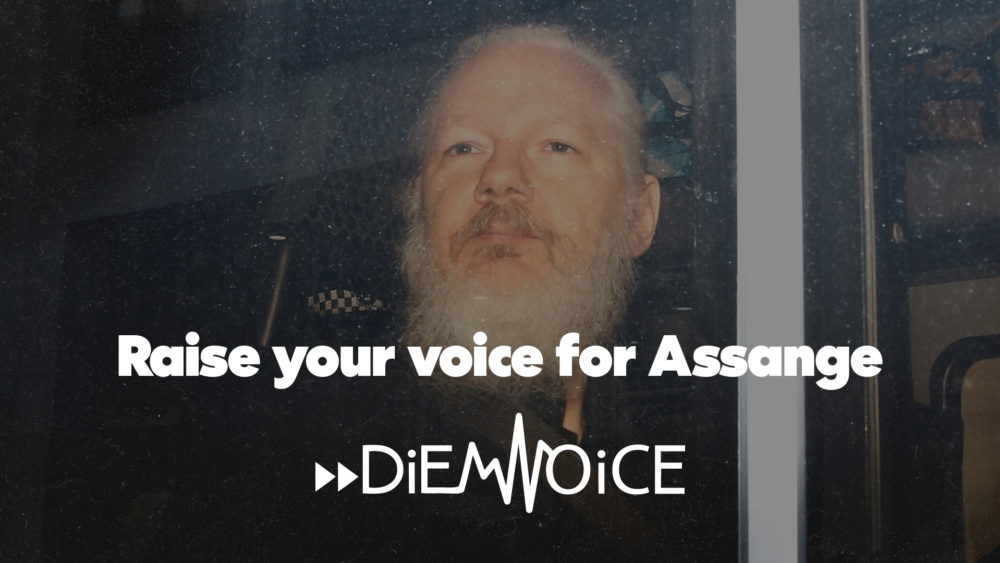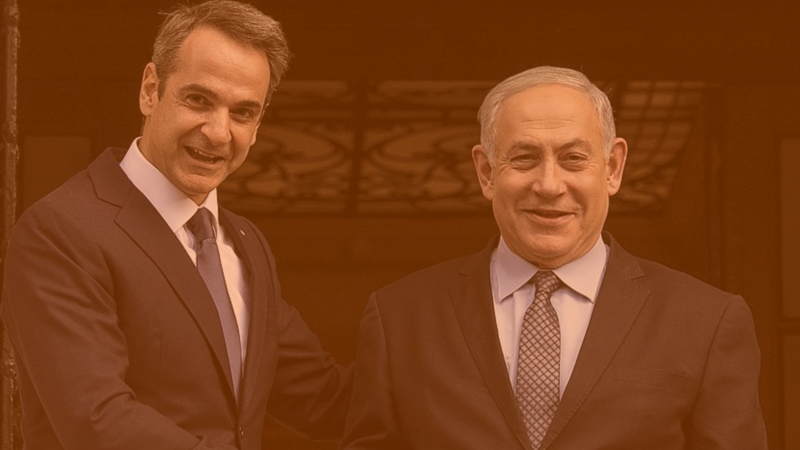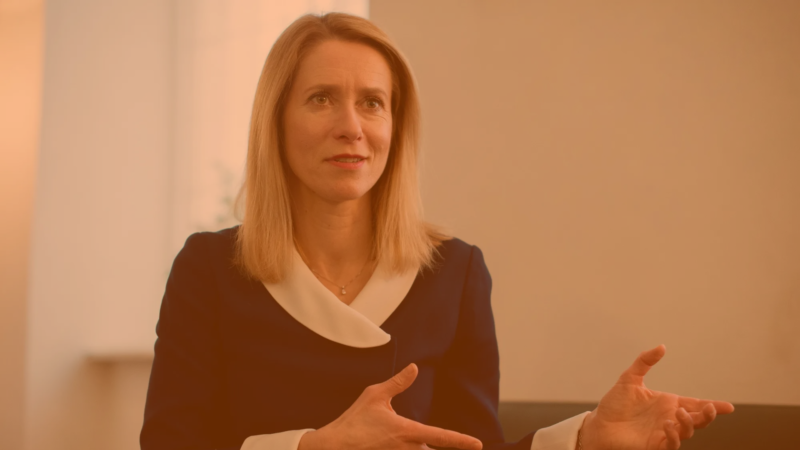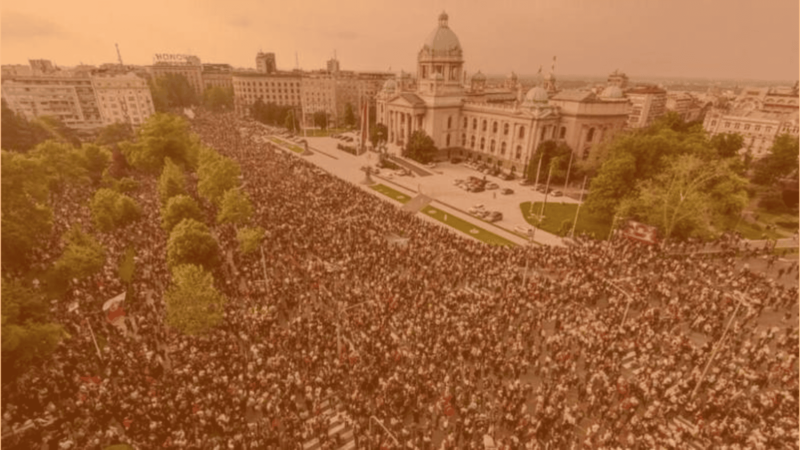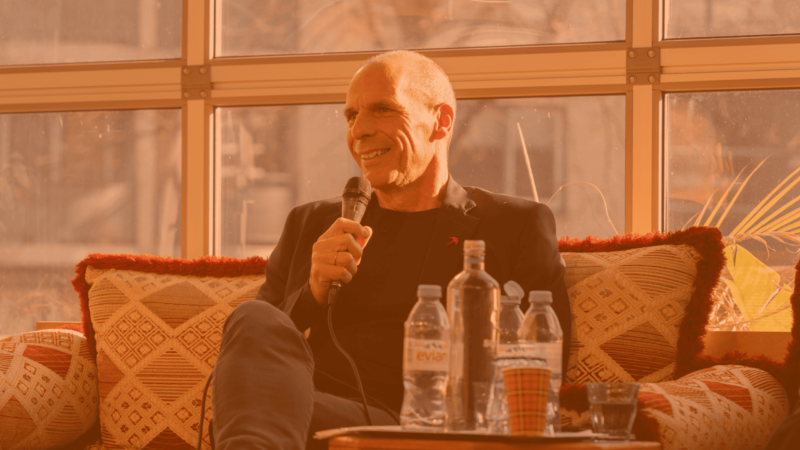The US case against Wikileaks founder Julian Assange took another blow last weekend after one of the key witnesses admitted to fabricating evidence.
Icelandic hacker Sigurdur Ingi Thordarson, also known as “Siggi the hacker”, recently told Icelandic outlet Studin that Assange did not instruct him to hack into any government agencies nor private companies in Iceland.
The admission is important: the US government case against Assange — which could result in a 175-year prison term for the Wikileaks founder — relies on Thordarson’s claim that Assange recruited him to hack Icelandic both public and private entities and provide Wikileaks with the classified material.
With this allegation debunked, the Biden administration is left with even less of a reason to continue the Trump-initiated case against Assange and a free press.
Assange and Siggi Meet in Iceland
Assange arrived in Iceland and worked with government officials there in 2010 and 2011 in hopes of creating an “offshore haven” for whistleblowers to leak information about corruption within governments as well as private organisations.
Siggi Thordarson, an Icelander nicknamed “the hacker” (a joke since, apparently, he cannot actually hack computers), volunteered to work for Assange and Wikileaks. Things went bad quickly.
According to the StudIn article, Siggi admits to exaggerating his influence in the organisation. Referring to himself as Wikileaks “chief of staff”, Thorardson encouraged fellow hackers to commit denial-of-service attacks (DDoS) against websites based in Iceland.
This, admitted Thordarson, was not done at the instruction of Assange or anyone within Wikileaks.
Nor was the alleged request by Assange to hack into the phones and emails of Icelandic parliament members to record their conversations. While Thordarson did receive files, he admits they were not of his own doing or anyone in the Wikileaks organisation, including Assange. Instead, he now says they were given to him by a “third party.” Thordarson even admits that he is not sure what was contained on the files.
The Icelander additionally walked back his assertion that Assange and he tried (and failed) to break into an encrypted file from a bank in Iceland. Thordarson now admits the file was publicly available, not stolen from the bank.
A Case Built on Deceit
The Trump Department of Justice, believing Thordarson’s then-claims that Assange was instructing him to hack the classified material of governments and private enterprises, built their case around the Icelander’s testimony.
Yet Thordarson’s work for the US government goes back further.
In 2011, Thordarson was noticed by the FBI after planning a DDoS attack against an Icelandic website with Hector Xavier Monsegur, nicknamed “Sabu”, a hacker-turned-FBI informant who was posing as a member of the hacking group LulzSec.
Seeing that Thordarson was allegedly connected to Wikileaks, the FBI made contact with the hacker to provide evidence against Julian Assange.
Meanwhile, the relationship between Thordarson and Wikileaks could not have been more at odds. Thordarson had been embezzling money from the organization, up to $50,00. This lawlessness extended into the hacker’s personal life as well. Charges were intiated by various Icelandic companies against Thordarson for theft, fraud, and forgery.
Flash forward to 2019
Thordarson has served some time, Donald Trump is in his third raucous year of the White House, and Julian Assange has been in the Ecuadoran embassy in London for over seven years.
Seeking to prosecute the Wikileaks founder, the US—after, according to the UN, years of “collective persecution” against Assange — contacted Thordarson. If Assange had instructed him to hack governments and private companies in Iceland, that would be illegal.
This testimony would give the Trump administration a solution to what is known as the “New York Times Problem”, a conclusion made by the Obama Justice Department, when developing their own case against Assange, that said prosecuting Wikileaks would raise the same concerns as prosecuting newspapers like the New York Times and Washington Post for doing what they do every day: publish leaked material.
Said another way, it would censor the ability of the press to report on anything without fear of lawful prosecution.
Thordarson’s testimony became part of the Trump administration’s superseding indictment, released two months after the initial indictment was, ironically, leaked by a government official.
The Trump-Biden War on the Free Press
The case against Julian Assange endured what many thought would be a death knell on January 4. UK Judge Vanessa Barasiter ruled “no” to extradition to the United States.
The ruling, made not on free speech grounds but humanitarian grounds, noted that Assange would likely not receive a “fair trial” and more than likely commit suicide if he entered into the US prison system.
The US was now faced with a choice to drop the case or appeal. The Biden administration, through Trump-appointed Justice Department spokesperson Marc Raimondi, announced the new administration would indeed appeal Barasiter’s ruling and seek to assure the judge that Assange would be safe in a US jail cell.
With Thordarson’s testimony now recanted, the US case against Assange now relies on the claim Assange told Chelsea (then-Bradley) Manning to commit “intrusion” of government computers to show US war crimes. The case also still maintains the controversial Espionage Act charges (or the New York Times problem) that indite Assange as a publisher of classified military and diplomatic documents.
All Quiet in the Western Press
Since the story broke about Thordarson’s admission, Western media has paid scant attention. At least say, relative to the Alexei Navalny case; which, we all know, is equally a sham and reprehensible.
I recently asked the journalist who spoke with Thordarson and broke the story, Bjartman Alexandersson, in a recent interview about the media blackout on the revelations outside of Iceland. He pointed out that the case is complicated and bigger sources have to verify the claims made in his story. He also noted that places like The Guardian and others outlets are writing reports.
To me, the silence is intentional after years of demonisation against the Wikileaks founder, despite publications like the New York Times, Guardian, Der Spiegel, and others working with Wikileaks in the past to expose corruption such as war crimes and financial mismanagement
Hopefully the charm offensive played by the Biden administration on the press will result in policy changes rather than simply words. The recent pardon of Reality Winner gives hope.
DiEM25 stands in solidarity with Assange, Wikileaks, and the right of whistleblowers and the free press to expose corruption. Join us for events around Europe on July 3 as well as for a DiEM Voice TV exclusive event on July 5. #FreeAssange!
Do you want to be informed of DiEM25's actions? Sign up here





